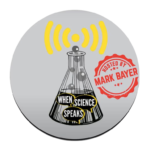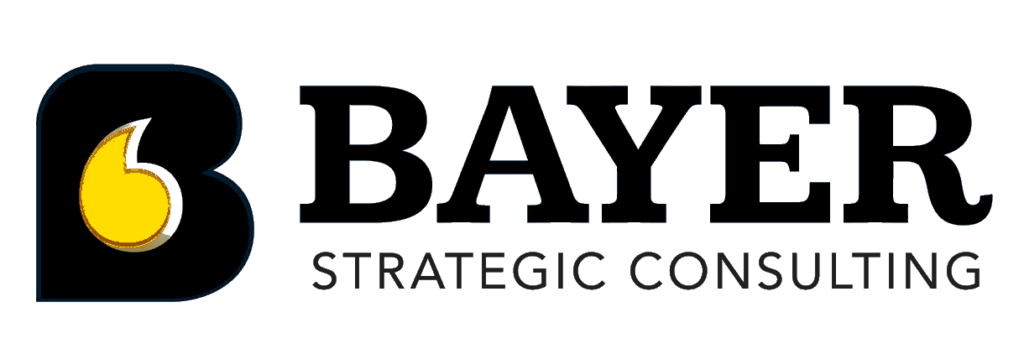Effectively Communicating Climate Change with Susanne Moser, PhD – Ep # 73
Climate change has been impacting our lives for quite some time now and getting everyone on board to help mitigate its effects is becoming more and more important with each passing day. And Dr. Susanne Moser wants to make sure that every person who hears about climate change can feel the urgency in the message they share and inspire them to make better choices in their lives. Her goal is to apply her expertise and experience to help increase resilience, reduce vulnerability, and transform the way humans interact with the environment and each other to sustain a livable planet and live peaceful, satisfying lives.
Dr. Moser is a leading expert on climate change adaptation, science-policy interactions, decision support and communication for social change. She serves as an affiliate faculty at the University of Massachusetts Amherst, research faculty at Antioch University in New England. She is also the Director of Susanne Moser Research and Consulting firm where she conducts original research on a range of social science aspects of climate and global environmental change. She provides training in communicating climate change and writes peer-reviewed journal articles among other related activities.
Dr. Moser has extensive experience working in the US, Canada, Australia, and Europe. She has led and participated in projects to assess the impacts of climate change, examine the vulnerabilities and preparedness of communities and ecosystems, and identify barriers to adaptation strategies to overcome them.
Dr. Moser did her postdoc at Harvard University’s Kennedy School of Government and earned her Ph.D. in geography from Clark University and her diploma in Applied Geography from the University of Trier in Germany.
What You’ll Hear On This Episode of When Science Speaks
Dr. Susanne Moser talks about what drew her to study climate change and share its impact
The dilemma of communicating climate change
How Dr. Moser connects with audiences about the reality and seriousness of climate change
Are people willing to make changes in their lifestyles to help address climate change?
How Dr. Moser uses and presents data when she’s discussing climate change
Dr. Moser talks about the evolution of her engagement strategies through the years
How the recent heat experienced in 2019 helped in shaping the approach to the climate change discussion
Dr. Moser differentiates the public dialogue and public engagement strategies around climate change in countries like Australia, Canada, Europe, and the US
Connect with Dr. Susanne Moser
Creating a Climate for Change on Amazon
The dilemma of communicating climate change
As we continue to witness and push back on the ongoing assault on science, scientists find themselves in a position where they struggle to explain the importance and urgency of their findings to a broader and more diverse audience. While it might be easy for them to share their findings with peers, it does not necessarily translate in the same way when they are presenting this exact same information to the general public. So how then can studies be put forward in a way that will resonate and can be easily comprehended by people?
Dr. Susanne Moser says scientists need to embrace the fact that it is not just the science that matters to people. By finding out the things that interest their audiences, knowing what makes them tick, knowing the best strategies for engagement, and making the conversation more inclusive, scientists can effectively bridge the communication gap and propel the discussion forward.
Connecting with audiences
Dr. Moser says that when discussing climate change, scientists should expect a diverse crowd to come forward to join in on the conversation. This would include not just those who want to know more about it but also skeptics and people who deny that it exists. Understanding the best ways to include everyone in the conversation that does not make them feel dismissed or unheard is crucial in order for them to connect to the message you’re trying to send out.
Finding common ground is a helpful method for presenters to create a genuine connection with their audience. Show them a problem, provide them with possible solutions, and build trust. Because when you’ve built a certain level of rapport with your audience and have given people a reason to trust you, the likelihood that they will be more accepting of your data and your studies will little to no resistance increases.
The role of data in driving the climate change mission
According to Dr. Moser, the way you present should be dependent not just on your study alone but on the type of audience that you’re presenting to. When faced with a high profile panel you want to lead with a narrative that is heavily data-backed, but if you’re presenting to the general public, it doesn’t have to so heavy on data and jargon. The most important thing is to deliver your message in a compelling and understandable narrative so that they can grasp its urgency and impact in their lives.
In general, Dr. Moser recommends spending 15% of your time on science answering questions such as, “What do we know? How do we know that? What’s started to happen?” The reason for this is that it’s difficult to argue with obvious and observable facts, giving people more context and allowing them to understand the whole picture in a less complicated manner. This makes it easier for your audience to grasp the idea behind the policies and studies that you’re pushing for such as the Green New Deal or the Paris Agreement. By giving them a breakdown of what is happening, what can be done to make it better, and giving them a picture of how it will be once things are where you would like them to be, they will be more inclined to listen and to ask questions that can lead to more fruitful discourses.
Learn more about Dr. Susanne Moser on this week’s episode of When Science Speaks.
Connect With Mark and When Science Speaks
On Twitter: https://twitter.com/BayerStrategic
On Facebook: https://www.facebook.com/Bayer-Strategic-Consulting-206102993131329
On YouTube: http://bit.ly/BSConTV
On LinkedIn: https://www.linkedin.com/in/markdanielbayer/
On Instagram: https://www.instagram.com/bayerstrategic/
On Medium: https://medium.com/@markbayer17
Subscribe to When Science Speaks on Apple Podcasts or Stitcher

